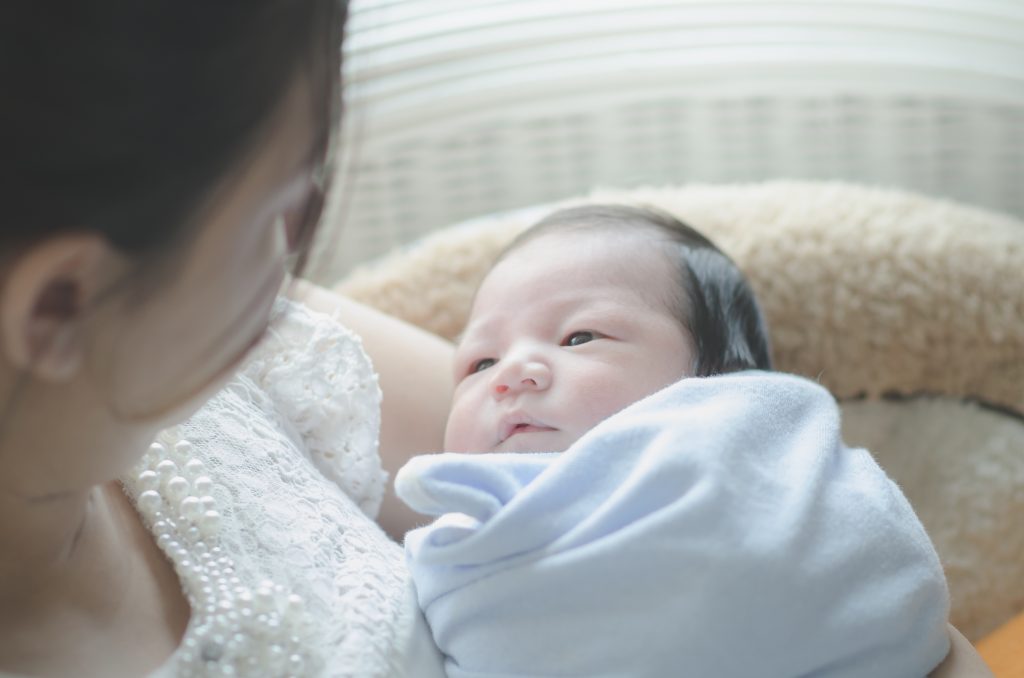
- ARAB NEWS
- 26 Apr 2024

TOKYO: The coronavirus crisis is doubling the risk of mothers suffering from postpartum depression, a type of depression that occurs after childbirth, according to a survey by the University of Tsukuba.
One expert is calling for early countermeasures to prevent postpartum mothers from developing severe depression symptoms.
The survey was conducted in October by University of Tsukuba associate professor Midori Matsushima, utilizing questionnaires used internationally, with the help of a smartphone app developed by a private company.
The survey revealed that some 24 percent of 2,132 respondents with children under the age of 1 may be suffering from postpartum depression.
About 10 percent of postpartum mothers are generally thought to develop the depression, according to earlier studies.
The survey suggested that the risk of suffering from the disorder may be increasing due to new lifestyles amid the coronavirus epidemic.
The survey also showed that the proportion of mothers of infants zero to 11 months old who are suffering from postpartum depression was at a high level.
The result suggests that mothers are having postpartum depression symptoms for longer than before, according to Matsuzawa.
“Mothers (with babies) are having a stronger sense of isolation,” said Masami Muto, head of a health support center in Tokyo that offers help for postpartum mothers.
“Amid the coronavirus crisis, postpartum mothers are facing a higher risk of developing depression as many of them are unable to return to their parents’ homes and deliver their babies in their hometowns, or ask their parents to visit their homes for help,” Muto said.
Although postpartum mothers are in extremely unstable conditions, they tend to exercise patience due to a sense of obligation, said Muto, who has supported such mothers for nearly 30 years as a health nurse. “They should seek help immediately.”
“Questionnaire results do not immediately lead to a diagnosis of depression, but it is sure that women are facing increasing stress after pregnancy,” Toshihito Suzuki, chief of the Japan Society of Perinatal Mental Health, said.
“Although early detection and treatment are important, people are refraining from visiting hospitals due to the coronavirus crisis,” Suzuki added.
Citing insomnia and crying for no apparent reasons as signs for extra caution, he said that there is a risk of suicide if postpartum depression symptoms become severe.
JIJI Press